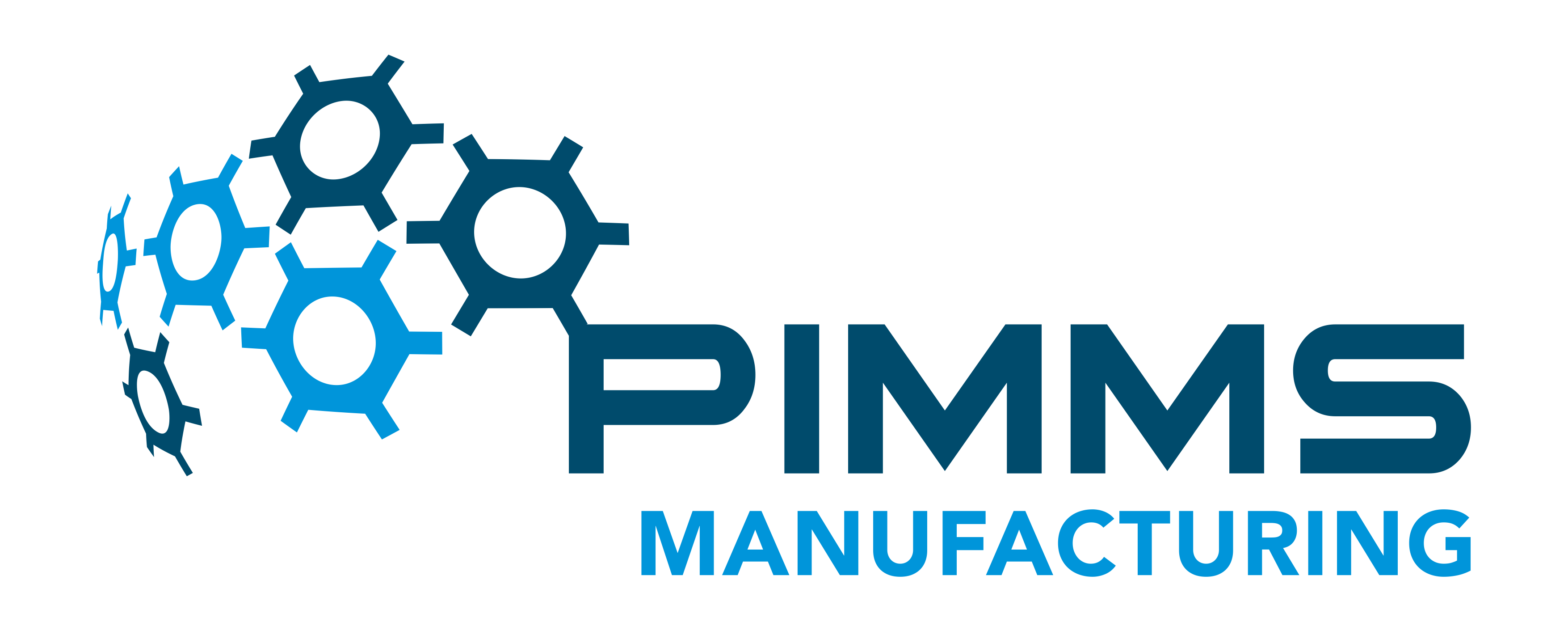For any product to be sturdy, robust and effective, manufacturers must be very particular about the kinds of materials that are being used in its production. Numerous elements – flexibility, colour, durability, strength, and more – are influenced by the choice of material. Going for the wrong material can be very detrimental to your product.
Here are the most popular and important materials used in Plastic Injection Moulding that you should know about:
Polypropylene
A very dynamic and flexible material, polypropylene offers high heat resistance, crack resistance, and impressive strength. Moreover, this common material used in plastic injection moulding also does not get affected by acids, detergents, or water. It is usually used to make automotive parts, rugs, and athletic apparels.
Polyamide
Polyamide is a popular plastic injection moulding material most commonly known as Nylon. Polyamide is known to be incredibly strong and resistant to chemicals, impact and abrasion. While it can be a bit more expensive than other materials usually used in plastic injection moulding, it offers numerous benefits and is worth the price. Polyamide is popularly used to make medical, sports, footwear, apparel, and industry products.
Acrylonitrile Butadiene Styrene (“ABS”)
Acrylonitrile Butadiene Styrene is a very common plastic injection moulding material. Also known as ABS, it is often used to make kitchen appliances, plastic clarinets, LEGO bricks, drainage pipes, and more. Acrylonitrile Butadiene Styrene offers high heat resistance and toughness. This means that high temperature or high impact environments do not degrade the quality of products made from Acrylonitrile Butadiene Styrene
Polyethylene
This material used in plastic injection moulding quite possibly offers the largest scope of applications. From plastic containers and bottles to toys, polyethylene offers resistance to impact, superbly high tensile strength, and resistance to absorption of moisture. Plus, it can also be recycled very easily and is thus environment-friendly. Clearly, it is highly versatile and super common in the manufacturing industry. In fact,iIt is one of the most widely produced plastics in the world (tens of millions of tons are produced worldwide each year).
Polycarbonate
A naturally transparent plastic injection moulding material, polycarbonate is mostly used to make products that require high impact resistance. It is more commonly referred to as PC plastics. Owing to its high tensile strength upon impact, polycarbonate is mostly used in manufacturing items like bullet-proof screens in vehicles or buildings, DVDs, medical equipment, cellular smartphones, automotive parts, eyewear lenses, and more. Polycarbonate is also very commonly used as screens in greenhouses owing to its transparency.
